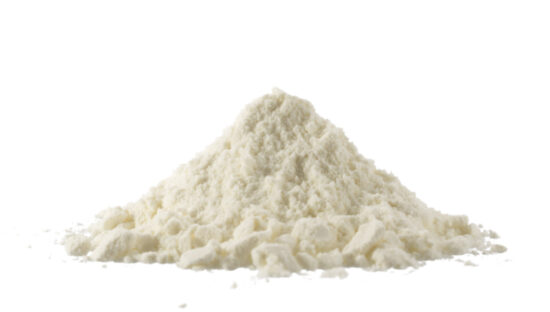Crystal Creamery Inc., of Modesto, CA, is recalling 92,594 pounds (1,680 bags) of Non Fat Dry Milk because of potential contamination with Salmonella.
The recall was initiated on May 19, 2025, and is ongoing, according to the Food and Drug Administration (FDA).
The recalled products were distributed to retail locations in California and Texas.
Recalled product:
NON FAT DRY MILK
Description: “LOW HEAT SPRAY PROCESS GRADE A NON FAT DRY MILK MADE FROM PASTEURIZED MILK, NET WEIGHT 25.00 KG, PRODUCT OF U.S.A.”
Product Quantity: 92,594 lbs (1,680 bags – 25kg/bag)
Code Information: Lot: 21APR25, Internal Item Number: 79065
Recall Number: Not Assigned
Classification: Not Yet Classified
As of the posting of this recall, no illnesses or adverse reactions have been reported in connection with this product.
Consumers and businesses should not consume, sell, or distribute the recalled products and should check their inventories for the affected lot number. Recalled products should be discarded or returned to the place of purchase.
About Salmonella infections
Food contaminated with Salmonella bacteria does not usually look, smell, or taste spoiled. Anyone can become sick with a Salmonella infection. Infants, children, seniors, and people with weakened immune systems are at higher risk of serious illness because their immune systems are fragile, according to the CDC.
Anyone who has eaten any of the recalled product and developed symptoms of Salmonella infection should seek medical attention. Sick people should tell their doctors about the possible exposure to Salmonella bacteria because special tests are necessary to diagnose salmonellosis. Salmonella infection symptoms can mimic other illnesses, frequently leading to misdiagnosis.
Symptoms of Salmonella infection can include diarrhea, abdominal cramps, and fever within 12 to 72 hours after eating contaminated food. Otherwise, healthy adults are usually sick for four to seven days. In some cases, however, diarrhea may be so severe that patients require hospitalization.
Older adults, children, pregnant women, and people with weakened immune systems, such as cancer patients, are more likely to develop a severe illness and serious, sometimes life-threatening conditions.
Some people get infected without getting sick or showing any symptoms. However, they may still spread the infections to others.
(To sign up for a free subscription to Food Safety News, click here.)



